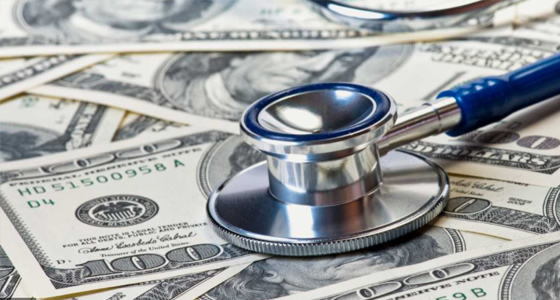Despite perceptions that young adults consider themselves young and invincible, the majority of Americans aged 18 to 26 are taking an active role in maintaining their health.
Two out of three young adults have a usual source of health care, and most are seeing a physician at least once a year for wellness exams and other preventive services, according to a nationwide poll conducted by Harris Interactive on behalf of the American Academy of Family Physicians (AAFP).
“Young adults seem to understand the correlation between having an ongoing relationship with a primary care physician and creating a healthy future,” says Dr. Roland Goertz, president of the AAFP. “But unfortunately, when it comes to managing their health, they, like many others, often lack the experience or desire to navigate the complex health care system.”
The health care reform law now enables young adults, up to age 26, to be covered under their parent or guardian’s insurance plan.
“As more provisions of health care reform become effective, such as when restrictions related to pre-existing conditions are lifted, even more young adults will have access to health care,” Goertz says. “Family physicians stand ready to provide the care they need, when and where they need it.”
As more young people take advantage of this benefit, the AAFP offers the following tips to help them make the most of their health care interactions.
• Establish a relationship with a family physician who will know you and your health history. Family physicians provide comprehensive care to people of all ages — ranging from preventive services to the diagnosis and treatment of acute illness and chronic conditions. They also treat depression and other mental health conditions. Most importantly, family physicians make it convenient for patients to get the care they need. Seventy-three percent offer same-day appointments nearly half offer early morning and evening appointments, and more than one in four communicate with patients via email.
• Be open and honest with your doctor. Taking an active role in your health care can help you get the best care possible. Be sure to disclose any current and past health care issues or concerns. It’s important to share any information you have, even if you’re embarrassed.
• Ask questions. Don’t be afraid to speak up if you have questions or concerns. It’s important to let your doctor know if you don’t understand something. If you have questions before your appointment, write them down and ask them during the exam. Be sure to write down the most important questions first to make sure they get answered.
• Play an active role in your medical decision making. Research shows that patients who are more involved with their care tend to get better results. You have a say in your medical treatment. Patients and doctors who share decision making are more likely to identify treatment plans they can both agree on.
• Make sure your personal doctor is in charge of your care. This is especially important if you have many health problems or are in a hospital.
• Understand your medical bills and keep medical paperwork organized. Learn to read and understand medical bills and explanations of benefits to know what’s covered, what’s not covered and why. Consolidate your medical care, health history and medical records, and organize your medical paperwork so you can review it easily if questions arise. Keep your medical receipts if you have a health savings account; you may be need to show them for tax purposes.




